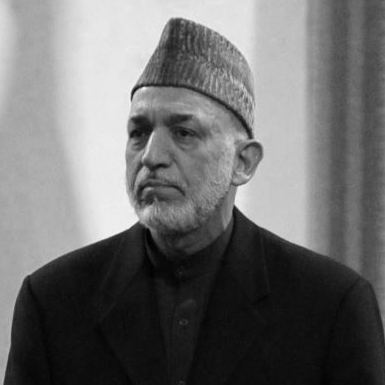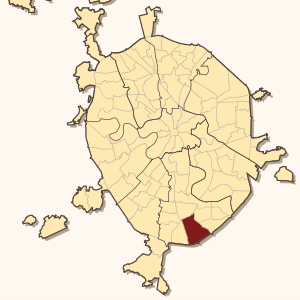Candidates are now coming forward for Afghanistan’s presidential election next year. Incumbent Hamid Karzai is by all accounts trying hard to retain control over the process. While Karzai is stepping down as required by the country’s presidential term limits, he wants to be sure his successor is from his network, at least reliably friendly toward it, better yet perhaps his own brother.
While he cites the need to preserve stability, some say Karzai’s network has a great deal of wealth and power to be protected for its own sake. The New York Times reported that one of Karzai’s tactics is to build a giant personal mansion right next to the future president’s office, which will facilitate him remaining the country’s chief informal power broker after formally retiring. I liked the headline: “Karzai Is Planning to Be There for a Successor. Right There.” This article indicated that Karzai will succeed in managing his succession.
Political science research drawing on the experience of other countries, however, suggests that Karzai may be in greater danger of losing control than is widely assumed. The logic is that while Afghan state power (such as it is) is currently greatly concentrated in his hands, he is increasingly becoming a lame duck as the time of his leaving office draws near.
This is a situation fraught with the potential for splits within his political and economic elite and the breakdown of the patronage and other mechanisms that help keep him in power, possibly opening the way for unexpected outcomes in the presidential election. Moreover, by most accounts, Karzai’s standing in public opinion is quite low, further diminishing his ability to influence either voters or various cronies who might manipulate election results at his command, should he give such an order.
Of course, the large role of international forces in Afghanistan complicates this picture, since what happens there politically depends not only on forces on the ground but also on powerful international actors. But the prospect of a greatly reduced American presence is also likely to reinforce doubts about Karzai’s ability to rule in the future, further increasing the chances for something like a revolution in Afghanistan linked to the election.
Karzai could still come out on top, but observers would do well to consider the possibility that Afghanistan might be in for a change in leadership team.
For an elaboration of the logic in this post and for further evidence from other countries about how dangerous this kind of situation can be for leaders, see the May 2013 PONARS Eurasia Policy Memo by Henry E. Hale: Afghanistan 2014: Ripe for Revolution?











